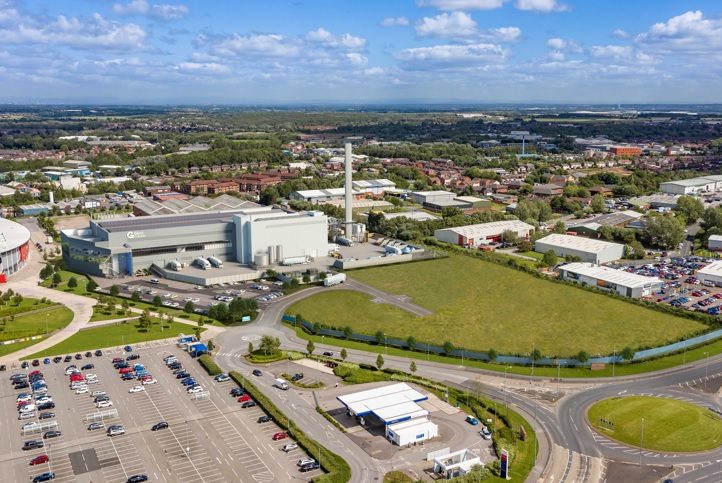A transformative £6 million project has begun trials to confirm the benefits of cost-effective biofuels.
The inaugural trial, a resounding success, was held at Pilkington UK’s Greengate site, St Helens.
The recently completed industrial trial marks a substantial advance in utilising economically viable biofuels in the glass and ceramics industries. The Glass Futures project, a £54 million initiative, is leading the charge towards decarbonisation across these sectors, focusing on finding alternatives that provide environmental benefits without prohibitive costs.
Despite promising results, a critical barrier remains: the high cost of these biofuels, which are typically two to three times more expensive than natural gas.
Led by C-Capture, these trials demonstrate the potential for these biofuels to significantly reduce CO2 emissions from industrial sources, presenting a promising pathway towards cleaner production methods in glass and ceramics.
Biofuel trials at Glass Futures’ combustion test bed facility earlier this year yielded crucial data on their combustion properties, instilling confidence to scale up to commercial glass furnaces and ceramics kilns.
Caio Mendonça, R&D Senior Decarbonisation Technologist at Pilkington UK, highlighted the project’s pivotal role in pushing the boundaries towards net zero.
The success of this project could act as a catalyst for similar sustainability initiatives across other industrial sectors.
Ultimately, the goal is to facilitate a transition towards sustainability across the entire glass and ceramics industries.
The Greengate site’s trial success heralds a promising shift towards affordable biofuels.
This progress reflects significant strides in industrial sustainability, offering hope for a lower-carbon future.


